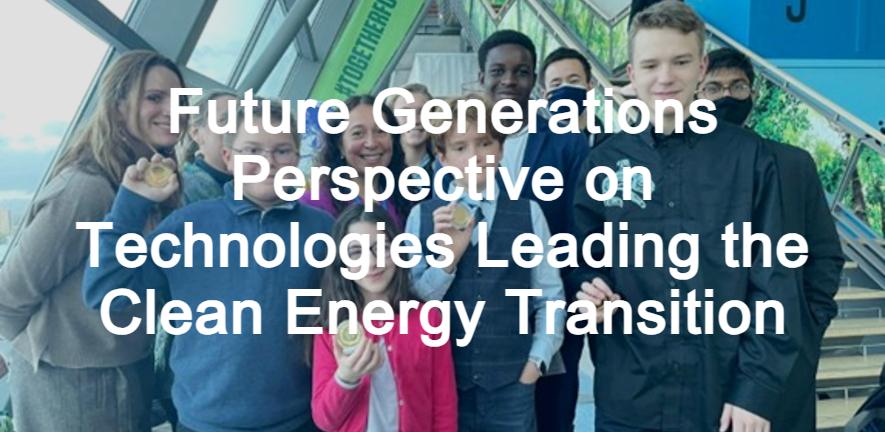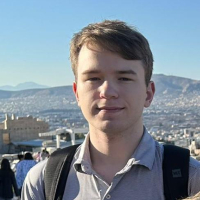
Given the terrible existential risks of climate change (IPCC 2023), greenhouse gas (GHG) emissions must be halved this decade to limit temperature rise to 1.5°C, as per the objectives of the Paris Agreement under the UN Framework Convention on Climate Change (UNFCCC 2015).
While the rate of GHG emissions increases may be finally slowing, global emissions are still rising overall, due especially to the rising demand for energy worldwide and the burning of fossil fuels to supply this demand (IEA 2023), as well as gaps in carbon removal technologies at scale (Counteract 2023). Given rising geopolitical instability and recent climate action failures of a large final emitter country, it is particularly crucial that all others including the UK, Canada, Switzerland and Europe step up fast, with strengthened resolve from world-class universities and researchers.
In this article and the report it is based on, Jona Cordonier-Gehring, a Cambridge maths student concerned about climate change, focuses on scoping technologies that can optimize the clean energy transition, scaling up sustainable energy generation faster, more reliably and at lower cost. His study reviews, summarises and models, mathematically, sustainable energy technologies in the transition to net zero global emissions (and beyond), tracking rising levels of finance and investment in these technologies. In particular, he focuses on incentivizing clean and renewable energy capacity expansion in the next five years. Over 2022-2027, he notes, renewables are projected to increase by almost 2 400 GW according to forecasts, an 85% acceleration from the previous five years, and almost 30% higher than initially estimated (IEA 2023. However, renewable electricity needs to expand faster to “reach the milestones in the Net Zero Emissions by 2050 Scenario, where the renewable share of generation increases from almost 29% in 2021 to more than 60% by 2030” (IEA, 2023). Recent international agencies also underline that annual generation must increase “at an average rate of over 12%… twice the average of 2019-2021” (IEA, 2023).
To uncover and model progress, therefore, Jona's report first surveyed progress in clean energy science and technology, comparing and contrasting opportunities for sustainable energy generation across case studies of solar, wind, tidal, hydroelectric and geothermal technologies. Then, he examined financing and adoption trends, modelling incentives for sustainable energy production and consumption across the same technologies. Finally, he highlighted emerging developments among technologies with significant potential to become ‘game-changers’, focusing on the potential breakthroughs for commercialisation of fusion power and carbon containment and removal, including in CO2 and atmospheric methane removal. His article, with thanks to mentors such as Prof Alex Routh, Prof Chris Coleridge and Dr Ross Lawther of the University of Cambridge, also Dr John Cullerne, Dr Thomas Prince and Dr Alex Clayton of Winchester College for their excellent advice and guidance, is available here.
Download the article: Financing & advancing the clean energy transition
|
|
Jona Cordonier Gehring is studying Mathematics at the University of Cambridge, and co-chairs the Global Youth Council on Science, Law and Sustainability, serving as senior editor of their online journal. A British Maths and Physics Olympiads laureate, Jona serves as youth advisor to the board of Energy for the Common Good with ITER, as finance and tech officer for a small firm leading green impact and energy investing, and as an advocate for climate action and clean energy finance and adoption. In 2023, he gave his first scientific paper for the Fields Institute for the Study of Mathematical Sciences, on Maths for Complex Climate Challenges, and he also edits and co-hosts FindSolveExplain, a free online maths educational resource for keen young mathematicians. |



